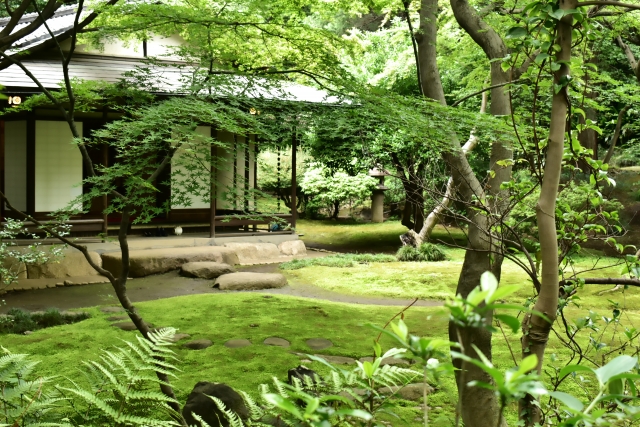The “tea garden,” or “roji,” as it is also known, is unique among Japanese gardens. Rooted in the tradition of the Japanese tea ceremony, these gardens are designed to create a tranquil, contemplative environment while reflecting Zen Buddhist principles. In this blog, we will discuss the essence of the tea garden, its connection to Zen, wabi-sabi, Sen no Rikyu’s philosophy, hospitality, and how it embodies the traditional spirit of Japan.
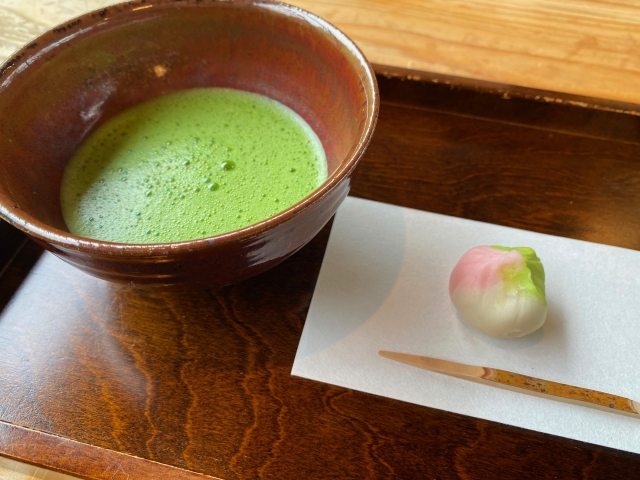
What is a tea garden?
The tea garden serves as a prelude to the Japanese tea ceremony, guiding visitors through a carefully crafted space that prepares them mentally and spiritually for the ritual. The tea garden symbolizes a fresh and pure pathway to a state of deep mindfulness. Every element of the tea garden, from the stepping stones to the placement of the lanterns, is imbued with meaning and purpose.
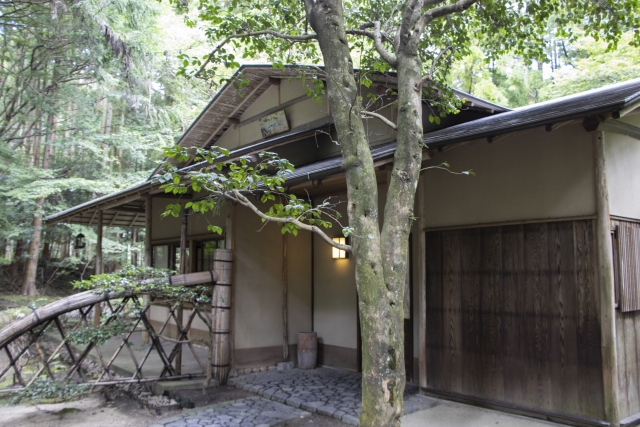
Zen and Tea Garden Philosophy
The design of the tea garden is heavily influenced by Zen Buddhism. Zen emphasizes simplicity, mindfulness, and the beauty of imperfection. This philosophy is consistent with the wabi-sabi aesthetic, which celebrates the temporary and imperfect nature of life. By walking through the tea garden, visitors are encouraged to forget worldly distractions and focus on the present moment.
SennoRikyu, known as the grand master of wabicha, played an important role in the design and spirit of the tea garden. He emphasized the principles of humility, harmony, and natural beauty, which are central elements of today’s tea gardens.
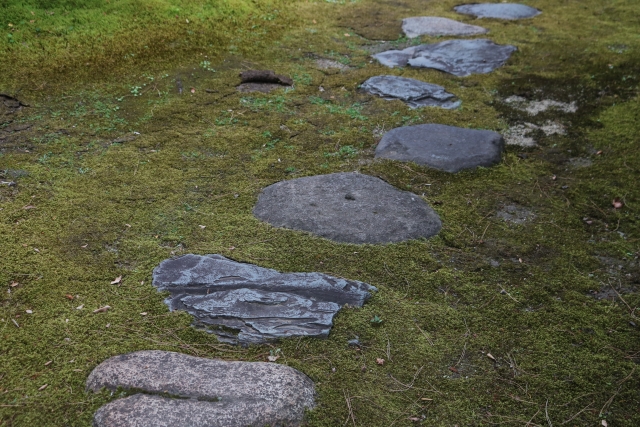
Basic Elements of a Tea Garden
- Paths and Stepping Stones The tea garden paths are designed to lead visitors on a physical and spiritual journey. Uneven stepping stones encourage slow, deliberate steps and allow visitors to fully engage with their surroundings. The journey through this open space is a symbolic transition from the everyday world to a quiet meditative state.
- Stone Lanterns Stone lanterns provide soft illumination and symbolize wayfinding and enlightenment. Their placement was carefully chosen to create harmony within the garden.
- Tezui Bowls Tezui bowls are an important feature of the tea garden and are used for ritual purification. Visitors use it to wash their hands and rinse their mouths, a symbolic act of physical and mental purification before entering the tea house.
- Plants and Natural Elements The tea garden includes mosses, shrubs, and trees that reflect the natural environment. These plants are pruned to enhance their organic shapes, creating a deliberate yet natural space. This natural aesthetic reflects wabi-sabi, embracing imperfection and the passage of time.
- Tea Room At the heart of the tea garden is the tea room, a simple structure that embodies the principles of Zen and wabi-sabi. Its simplicity and rustic charm create a tranquil environment for the tea ceremony. The tearoom also reflects the spirit of hospitality, meticulously prepared to welcome visitors.
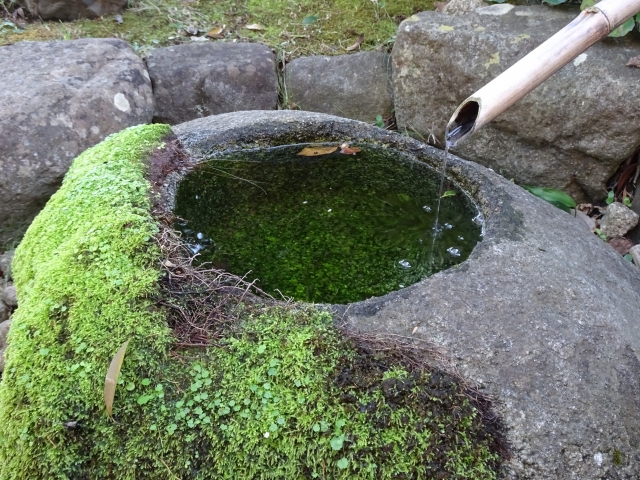
Spirit of Hospitality
The tea garden embodies hospitality. It is a Japanese philosophy that focuses on anticipating the needs of visitors and creating an environment of comfort and respect. Every detail, from the placement of the stepping stones to the way tea is served, is designed to show care and attention.
The Role of Tradition and Japanese Spirit
Tea gardens are deeply rooted in Japanese tradition and reflect the cultural and spiritual values of the country. The act of walking through a tea garden is more than just a stroll; it is an immersive experience in Japanese aesthetics, mindfulness, and respect for nature. It is a living expression of the Japanese spirit and promotes harmony between people and the environment.
Conclusion.
The Tea Garden is a perfect blend of natural beauty, Zen philosophy, and Japanese tradition. It is a reminder of the importance of mindfulness, simplicity, and connection in our daily lives. Whether you experience a tea garden in Japan or create a small version in your home, these spaces provide a quiet refuge and an opportunity to reconnect with nature and with yourself. Inspired by figures like Sen no Rikyu and the timeless principles of wabi-sabi and omotenashi, the tea garden remains a profound symbol of Japanese culture and its enduring spirit.

